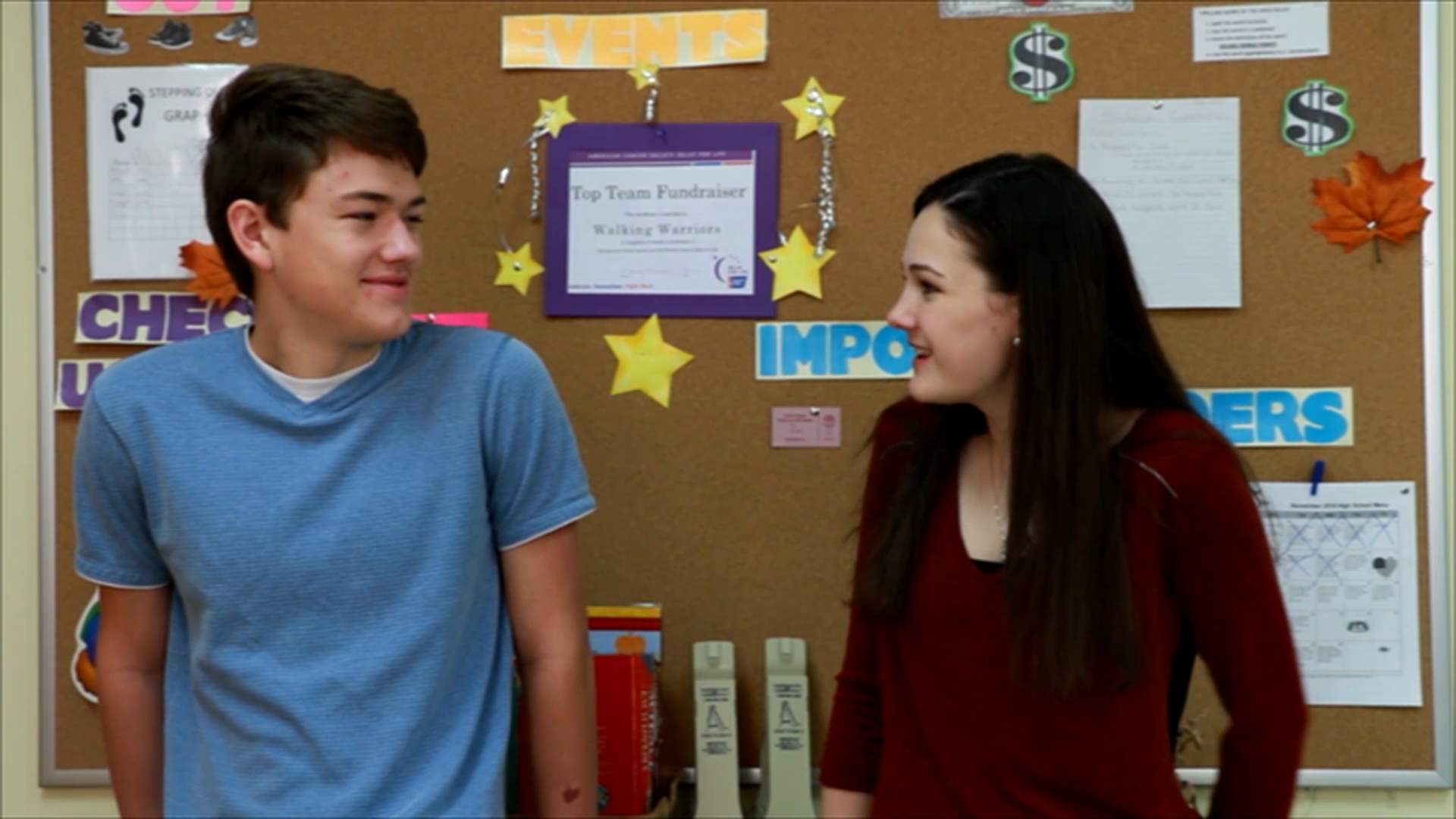
Introduction
Social-Emotional Learning plays a crucial role in a student’s development, especially for those in Special Education. One valuable skill for fostering positive social interactions is the ability to engage in meaningful conversations. By focusing on the interests of others, students can create a welcoming and inclusive environment that promotes healthy relationships and understanding. This blog post will explore a no-prep activity, discussion questions, and related skills to help educators teach their students how to engage in conversations that revolve around the interests of others.
No-Prep Activity
Introducing the “Interest Detective” activity, which requires no preparation or materials from the educator. The goal of this exercise is for students to practice asking questions and making comments about the interests of their peers.
- Divide the students into pairs. If there’s an odd number, the educator can participate as well.
- Ask each student to think of a hobby or interest they have.
- Each student will take turns being the “Interest Detective” and the “Hobby Holder.” The Interest Detective’s role is to ask questions and make comments about the Hobby Holder’s chosen interest.
- Give the pairs a few minutes to engage in conversation, encouraging the Interest Detective to focus on the Hobby Holder’s interest.
- After a few minutes, have the students switch roles and repeat the process.
- Once both students have had a chance to play both roles, bring the class back together and discuss the experience.
Discussion Questions
Use these questions to facilitate a conversation about the activity and explore the importance of focusing on the interests of others during conversations:
- How did it feel to ask questions and make comments about your partner’s interest?
- What challenges did you face while trying to focus on your partner’s interest?
- How do you think focusing on someone else’s interests can help build stronger relationships?
- Can you think of a time when someone asked you about your interests? How did it make you feel?
- What strategies can you use to remember to ask about and discuss other people’s interests during conversations?
Related Skills
There are several other related skills that can help students further develop their social-emotional competencies. These include:
- Active listening: Paying close attention to what others are saying, demonstrating understanding, and providing appropriate feedback.
- Empathy: Understanding and sharing the feelings of others, allowing for stronger connections and more meaningful conversations.
- Non-verbal communication: Recognizing and interpreting body language, facial expressions, and gestures to gain a better understanding of others’ emotions and intentions.
- Conflict resolution: Addressing disagreements and misunderstandings in a respectful and constructive manner to maintain healthy relationships.
Next Steps
By incorporating the principles of Social-Emotional Learning into your classroom, you can help students develop essential life skills and foster an inclusive, supportive learning environment. To access free sample materials for teaching these skills and others, sign up at Everyday Speech. Explore a wide range of resources designed to help educators and students alike in their journey toward social-emotional growth and success.

